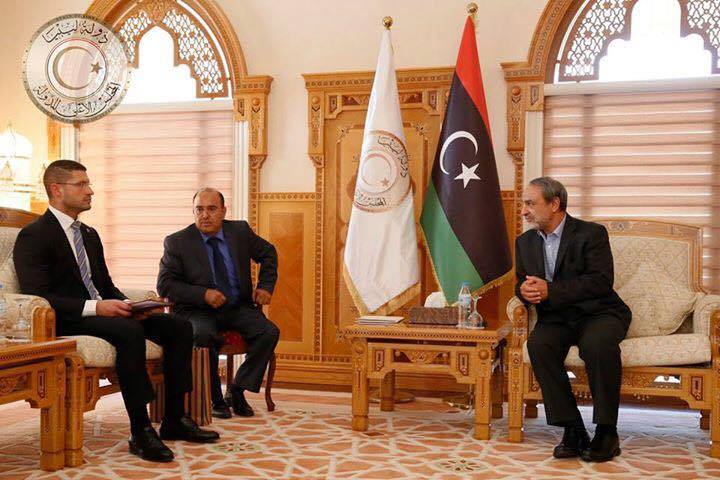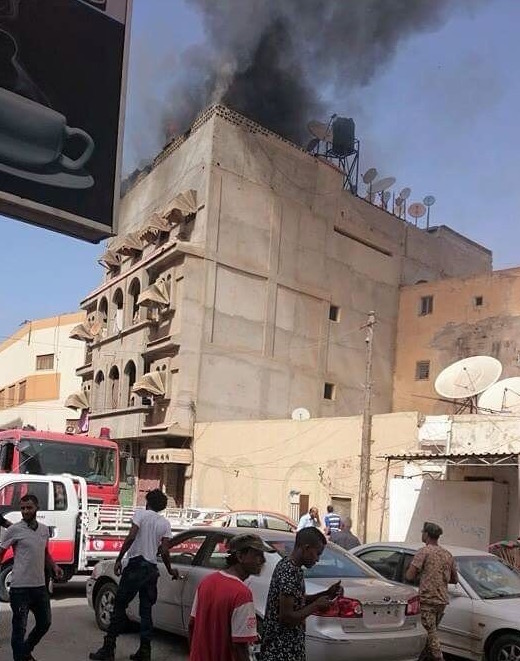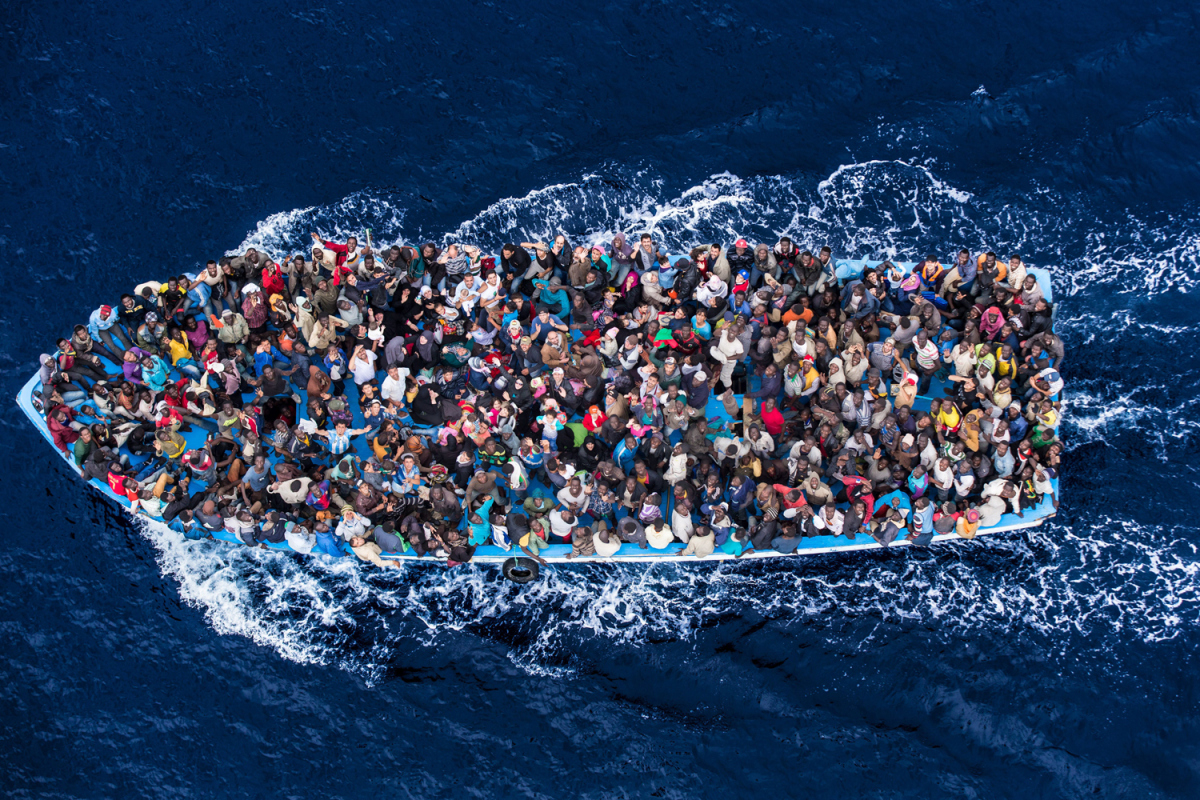By Michel Cousins.
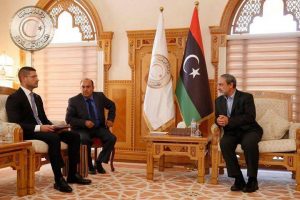
Tunis, 4 October 2016:
Once again it appears that officials in Tripoli have exaggerated the importance of a foreign visitor.
The High State Council (HSC) yesterday announced that a special envoy from the Russian foreign ministry had met with its president Abdulrahman Sewehli in Tripoli and conveyed a message that Russian President Vladimir Putin wanted the HSC leader to take part in a number meetings to be organised by Moscow to end the current political deadlock.
Russian officials have told the Libya Herald, however, that Lev Dengov, the person concerned and who separately met Presidency Council member Musa Koni at the prime ministry building, is not a foreign ministry official, is a businessman with contacts in Libya and was on a private visit.
According to both the Libyan news agency LANA and the HCS Facebook page, Dengov informed Sewehli that Russia wanted to embark on a new era of cooperation based of previously signed agreements. He was also reported saying that Russia would stick to the UN Security Council’s weapons embargo and would not provide weapons to any Libyan party.
This is seen as a reference to reports in the Russian media last week that Field Marshal Khalifa Hafter had asked Moscow to end its arms embargo and send him weapons and military equipment.
Last Tuesday, Libyan ambassador in Riyadh Abdulbasset Al-Badri, who is close to the field marshal, was in Moscow and, according to the Russian daily Izvestia, met deputy foreign minister Mikhail Bogdanov. Citing a Russian diplomatic source, the newspaper said that the two discussed the issue of the arms embargo.
“Libyans are asking us to send them small arms, but also equipment, including planes. Also, they asked Moscow to start an anti-Islamist military operation in Libya that is similar to the one in Syria,” the paper quoted the source saying.
This version of events, however, was subsequently denied by the LNA. A source close to Hafter has been quoted saying that Badri’s visit had nothing to do with arms deliveries.
However, it is known that when Hafter visited Russia in late June, he discussed weapons supplies with Russian defence minister Sergei Shoigu and security council chief Nikolai Patrushev.
For its part, Moscow is thought to be extremely wary of embroiling itself in any Libyan involvement.
As to the HSC’s overstatement of the importance of its Russian visitor, it is unclear whether it was done out of ignorance, wishful thinking or for local propaganda purposes.
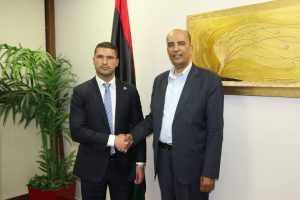
In the year and a half that Tripoli was controlled by the Libya Dawn regime, prior to the arrival of the Presidency Council, there were several announcements about prominent visitors from abroad arriving to talk politics which turned out to be gross exaggerations.
